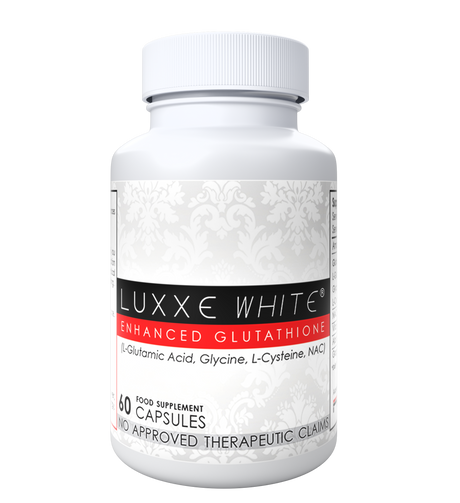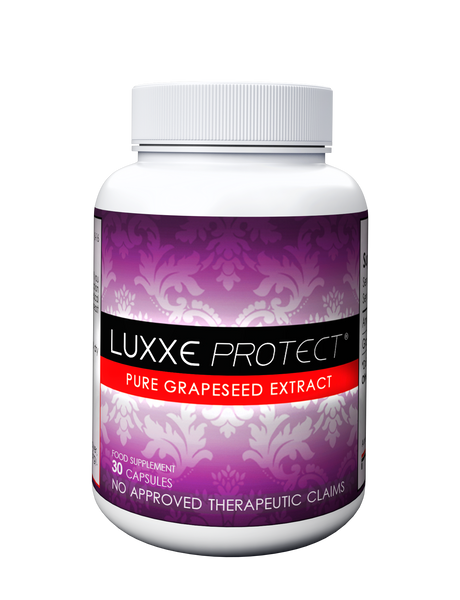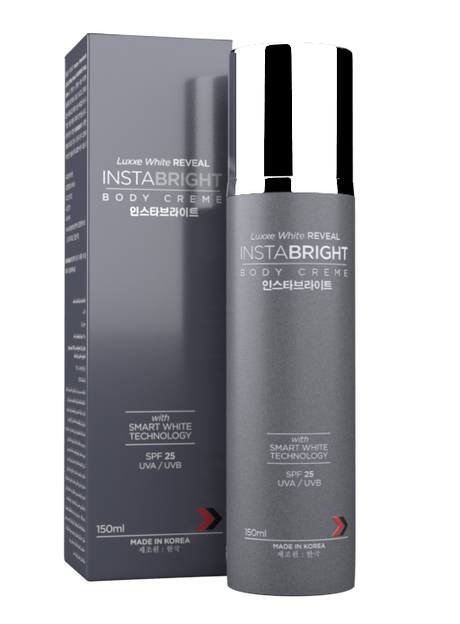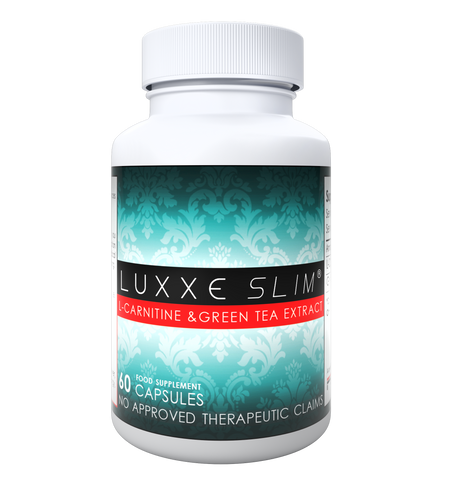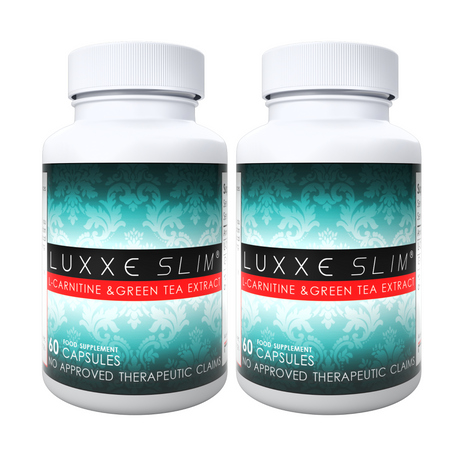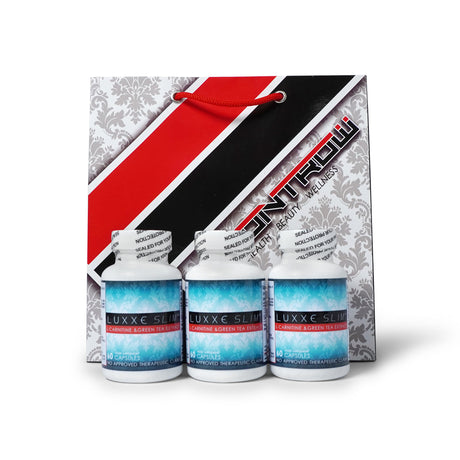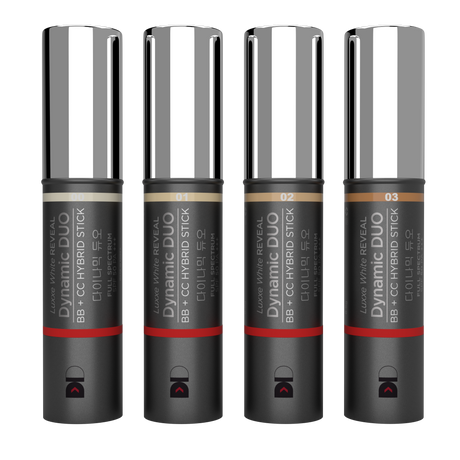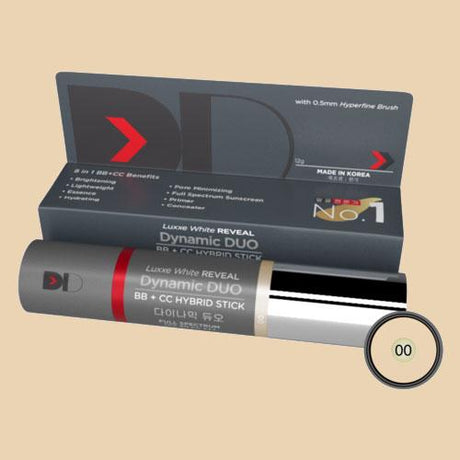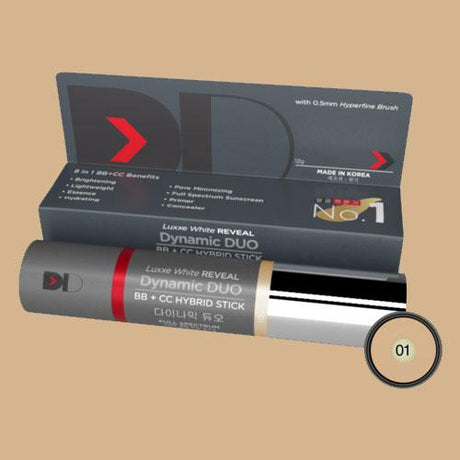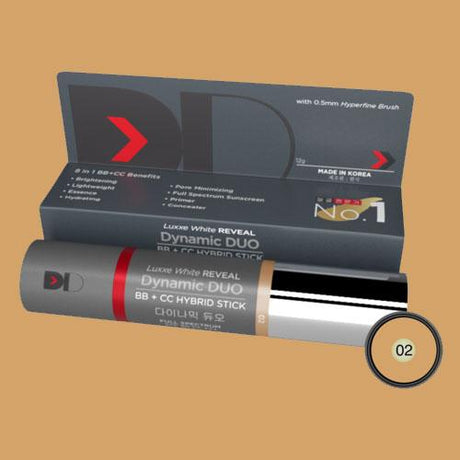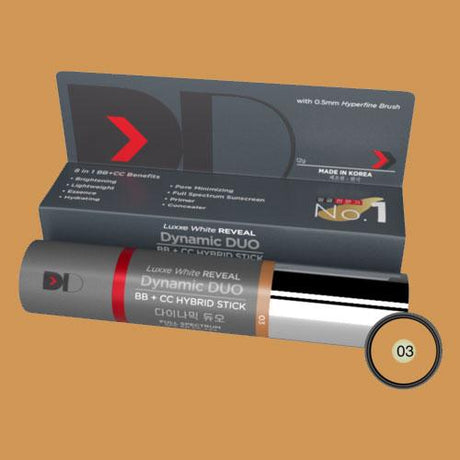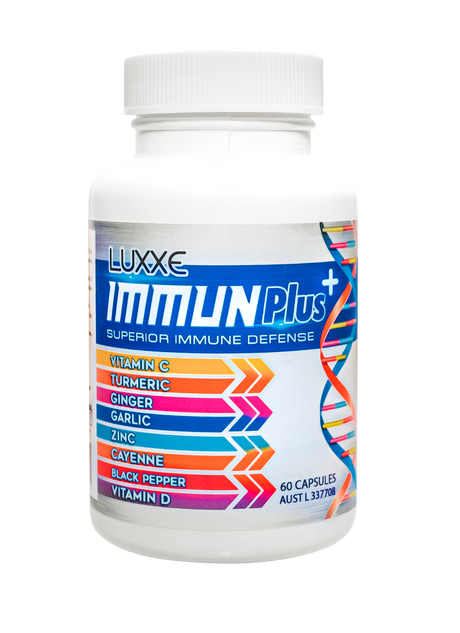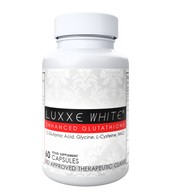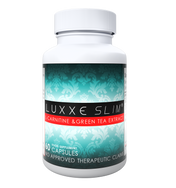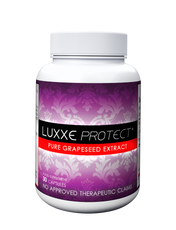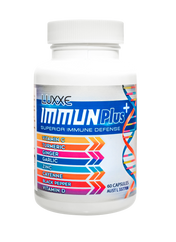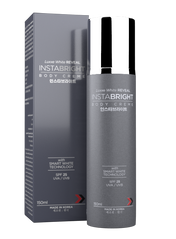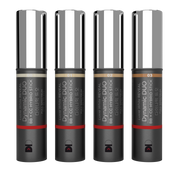Many people are turning to NAC (N-acetyl cysteine) for its potential health benefits, but some are concerned about its impact on creatinine levels. Let's explore whether NAC can increase creatinine and what the research says about this topic.
What is NAC?
NAC is a supplement that contains the amino acid cysteine, which is a precursor to glutathione, an important antioxidant in the body. It is commonly used to support liver health, respiratory health, and as an antidote for acetaminophen overdose.
Understanding Creatinine Levels
Creatinine is a waste product produced by muscles from the breakdown of a compound called creatine. It is filtered out of the blood by the kidneys and excreted in urine. Creatinine levels in the blood can be an indicator of kidney function.
The Impact of NAC on Creatinine
Research on the effects of NAC on creatinine levels is limited, but some studies suggest that NAC may have a slight impact on creatinine levels in certain populations. For example, a study published in the Journal of Clinical Pharmacology found that NAC supplementation in patients with chronic kidney disease resulted in a slight increase in creatinine levels.
However, it's important to note that this effect was observed in a specific population with pre-existing kidney issues. For healthy individuals, the impact of NAC on creatinine levels is likely minimal.
Consult a Healthcare Professional
If you have concerns about the impact of NAC on your creatinine levels, it's best to consult with a healthcare professional. They can provide personalized advice based on your individual health status and help you make an informed decision about incorporating NAC into your supplement regimen.
Overall, while there is some evidence to suggest that NAC may have a slight impact on creatinine levels in certain populations, more research is needed to fully understand this relationship. As always, it's important to approach supplementation with caution and seek guidance from a healthcare provider.
